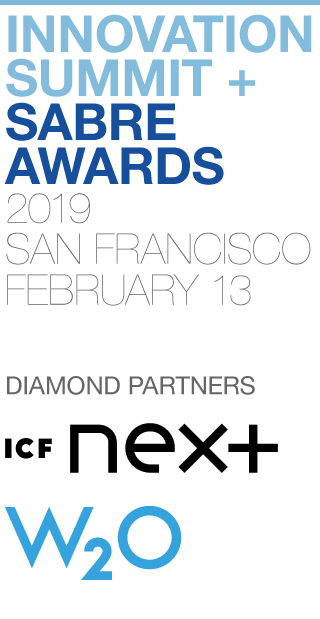Aarti Shah 14 Feb 2019 // 1:17AM GMT

SAN FRANCISCO — Whether technology companies are prioritizing the needs of consumers or the needs of advertisers was among the questions raised as panelists explored the minefield of data and privacy during a session at this year’s IN2 Innovation Summit — North America.
The “Why Companies Need to Take 'Techruptors' Seriously” session also explored whether user agreements should be simplified for consumers and whether companies are superfluously capturing data without a strategic application. The session was sponsored by Ketchum.
“I think the tech companies are listening but they are listening to advertisers more which makes the conversation difficult,” said Brian Buntz, content director for the Internet of Things World Today. “So much of this is being driven by legalese, user agreements that take an average of 15 minute to read them.”
Melissa Kinch, partner and managing director at Ketchum, introduced the concept of ‘techruptors’ or those who are actively pushing back against companies and demanding tighter legislation and more accountability.
Kinch shared that several company spokespeople at CES noted they were apprehensive about media asking about data and privacy because, in some cases, the spokespeople didn’t have the answers.
HPE’s Andrada Morar (pictured) noted there are instances when their own customers are gathering data without a planned end-game. “A lot of data is going to waste,” she said. “Data should be leveraged with insights.”
“There’s this thinking of data as gold or oil,” Buntz noted. “But data can also be a toxic asset, especially in the EU with GDPR.”
Kinch also made a parallel between technology companies and food companies, recalling a time when consumers bought food primarily around price, quality and taste. In those days, big food companies assumed “people don’t want to know about food processing, how the cow was slaughtered.” Of course, activists caused massive disruption in the food sector bringing forth a greater culture of transparency.
The group wondered whether such a tipping point would happen around data. But for now, it’s still largely, a “wait and see” approach from industry watchers.


































.jpg)



















